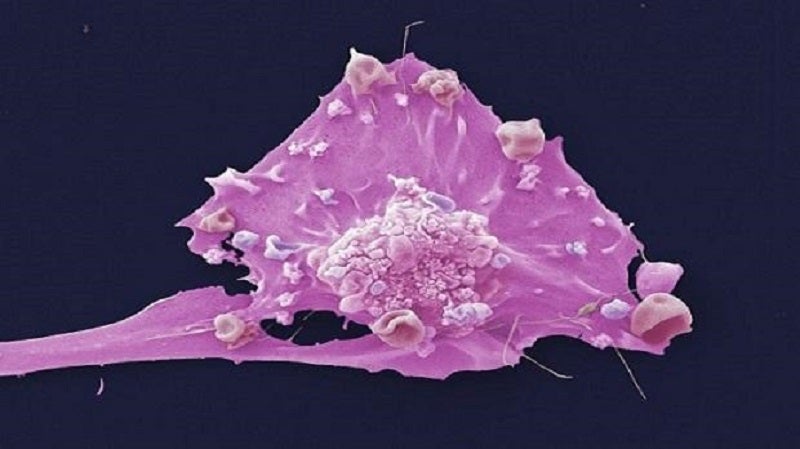
Researchers at the Translational Genomics Research Institute (TGen) and the Mayo Clinic in Arizona have partnered with the Cancer Research UK Cambridge Institute to develop a new blood test for monitoring breast cancer patients in early-stages of the disease.
Known as TARgeted DIgitial Sequencing (TARDIS), the blood test can be up to 100 times more sensitive than existing tests.

Discover B2B Marketing That Performs
Combine business intelligence and editorial excellence to reach engaged professionals across 36 leading media platforms.
The new method can be used to track breast cancer to help tailor treatments and prevent unnecessary surgeries for some people with the disease.
The test will also allow doctors to use blood samples for continuous monitoring of the way breast cancer treatments are working. They can then personalise a treatment plan for each patient.
TGen Center for Noninvasive Diagnostics co-director Dr Muhammed Murtaza said: “Until now, blood tests for breast cancer have only been sensitive enough to reliably identify tumour DNA in people with advanced disease.
“We’ve shown that TARDIS is able to detect circulating DNA at extremely low concentrations in the blood, opening up the possibility of monitoring patients with early-stage breast cancer to find out how their disease is responding to treatment.”

US Tariffs are shifting - will you react or anticipate?
Don’t let policy changes catch you off guard. Stay proactive with real-time data and expert analysis.
By GlobalDataThe researchers analysed 80 blood samples collected from 33 women with early-stage and locally advanced breast cancer in the first validation study and found that TARDIS could identify circulating tumour DNA in every patient prior to the start of treatment.
Further blood tests were carried out on the 22 women who received treatment such as chemotherapy, radiotherapy or hormone therapy before their surgery.
Based on the test, it was found that the concentration of circulating tumour DNA was lower for patients with no breast cancer cells remaining at the point of surgery than for those that did.
A larger study involving more than 200 patients will now be performed to further determine the effectiveness of the test.
Beyond breast cancer, the new technique can be used to monitor other types of cancer that are treated with drugs or radiotherapy before surgery.
The National Cancer Institute, Mayo Clinic Center for Individualized Medicine, the V Foundation for Cancer Research, Science Foundation Arizona, The Ben and Catherine Ivy Foundation, SmartPractice, City of Hope, Cancer Research UK and TGen provided funding for the research.





